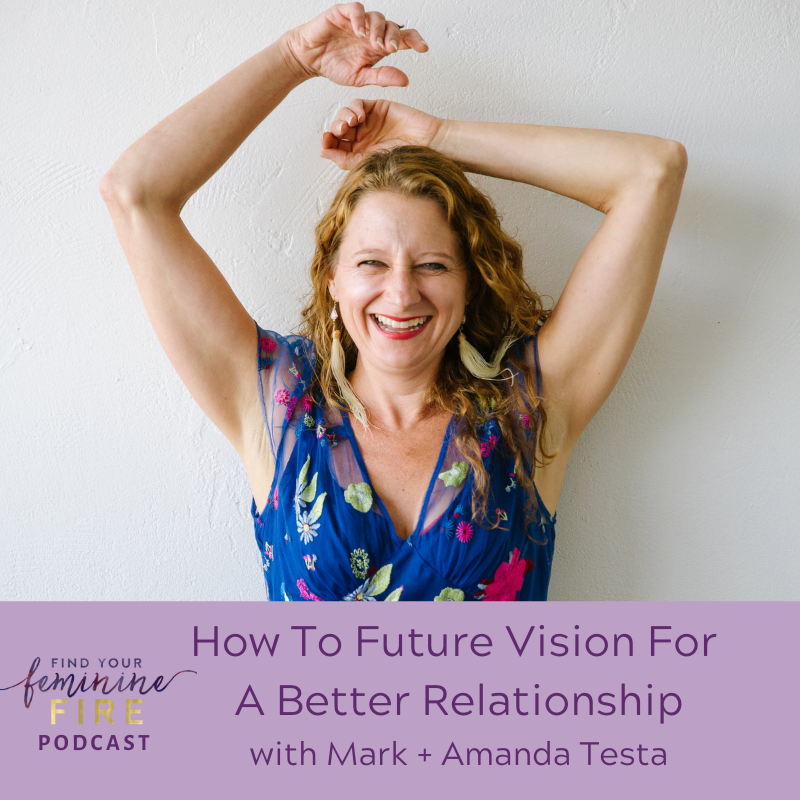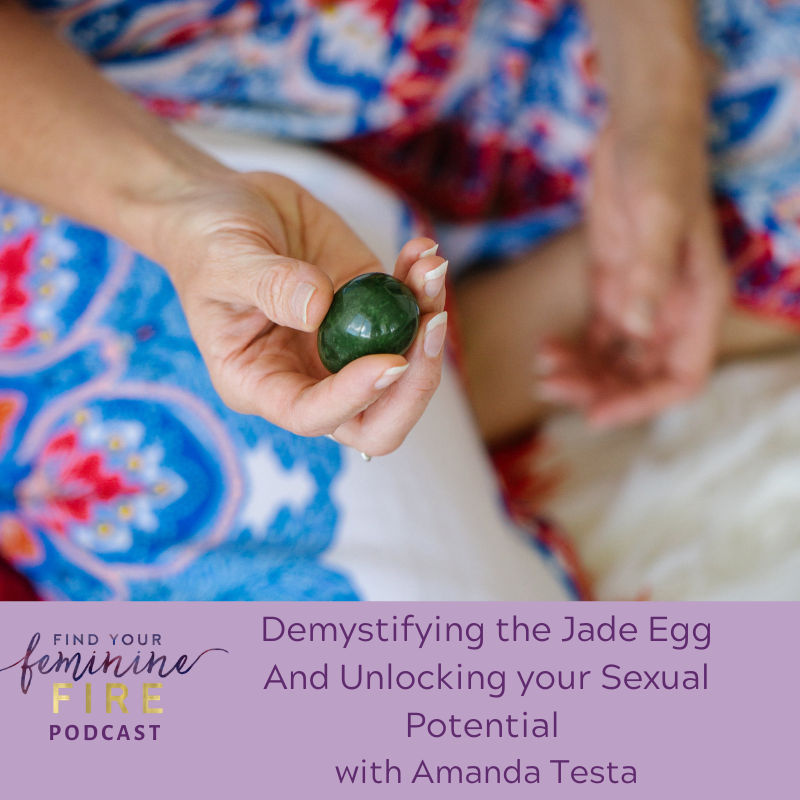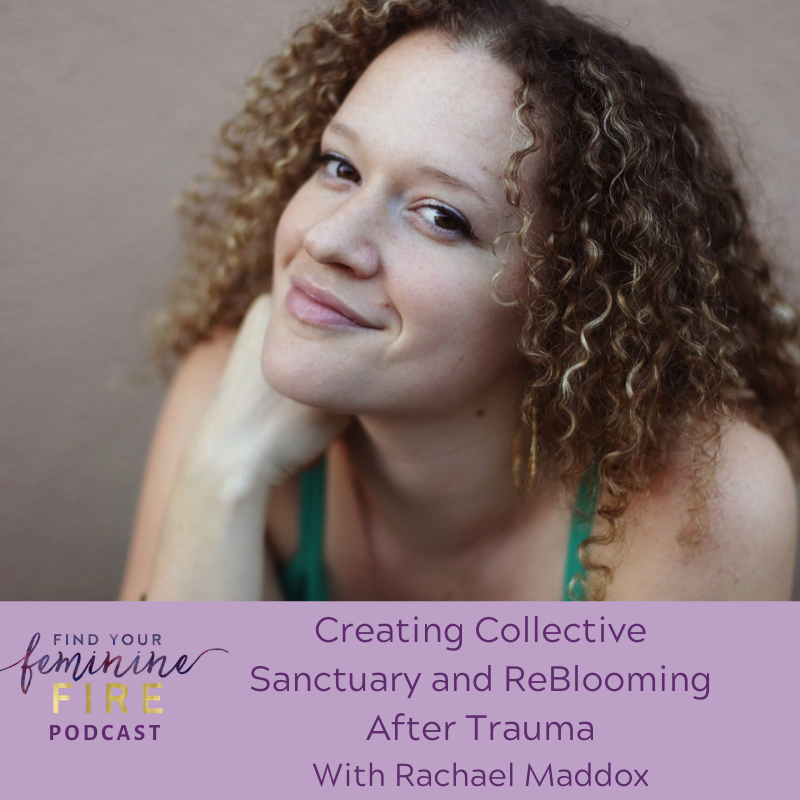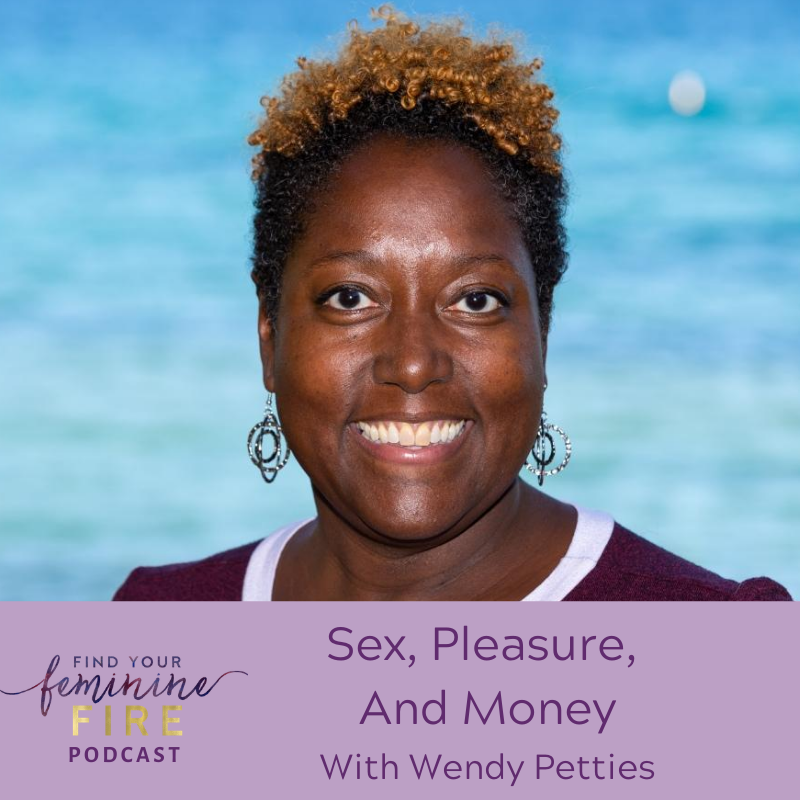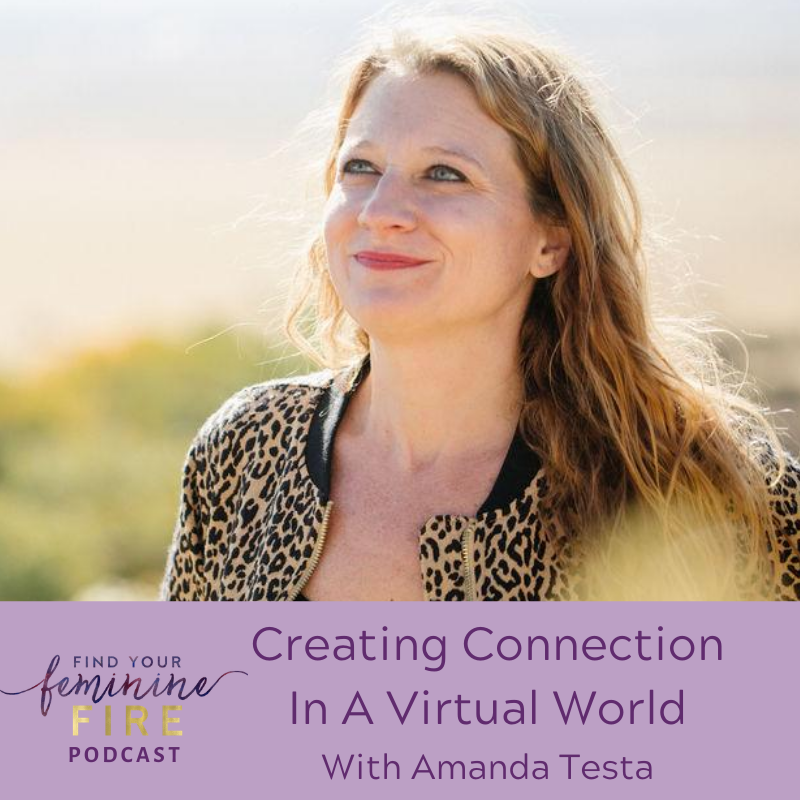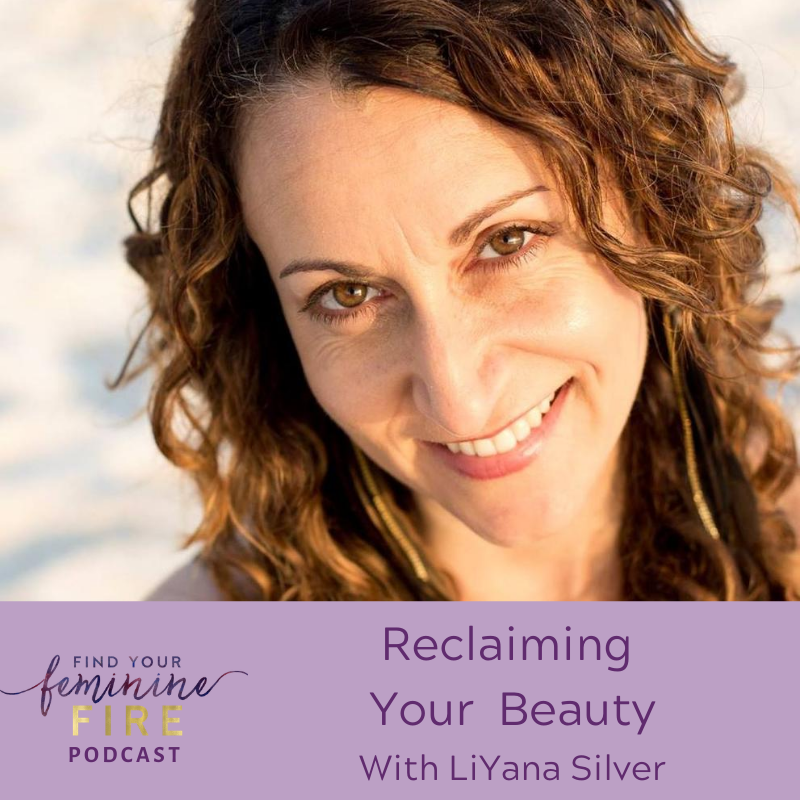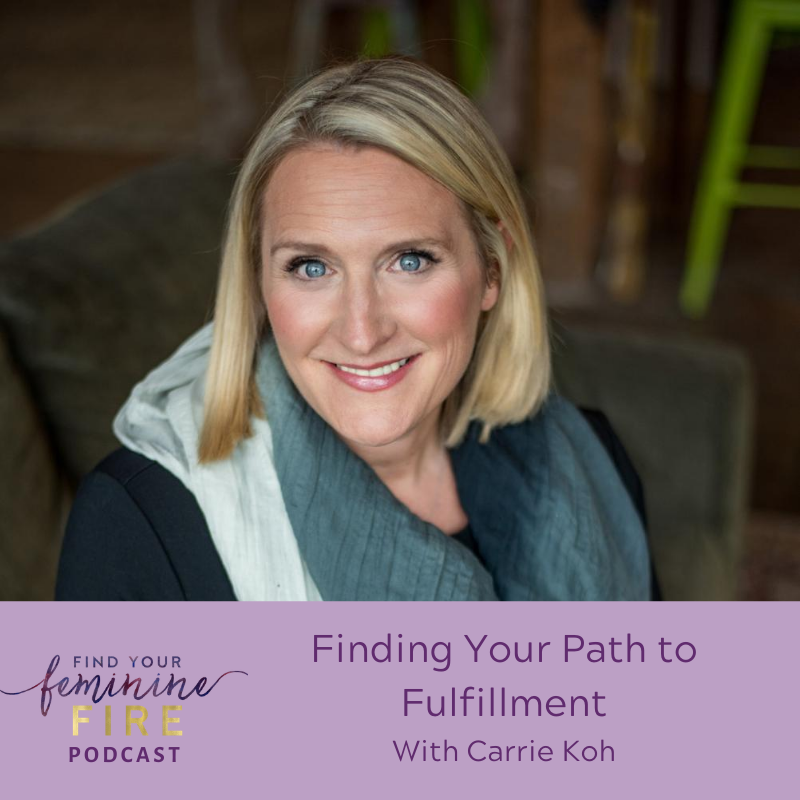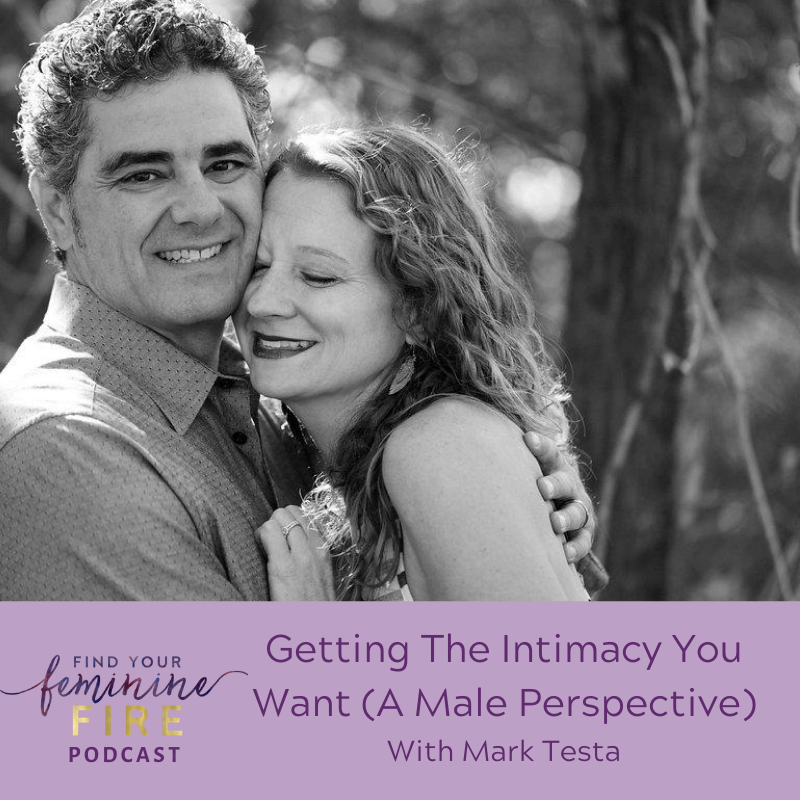How future Visioning can help your relationship
This week I’ve got my husband Mark back on the pod as we talk about future visioning, and how it has worked in our relationship. Tune in to discover how to use this practice to invite more connection, contentment, and resilience to your relationship.
Listen below, or tune in via: Apple Podcasts,Stitcher or Spotify.
In this episode you’ll discover
How this practice moves you out of the day to day, and invites you to focus on what you want.A secret to hacking your brain for more pleasure.Using visualization to affect your physiology. Why Sensual Self Care is vital nervous system nourishment.What does it mean to connect to your future self and how does it help your relationship?How contentment builds resilience. Enjoy a visualization to tap into more pleasure.and much more!
It’s always fun to have Mark on the show, as it gives some real life context to many of the practices we use to keep our relationship humming. Like everyone, we have our moments, but the more we tune into the tools that help us reconnect, remember we are on the same page, and have more fun, the more we enjoy harmony, and joy in our home.
This week we’re sharing one practice that has been supporting us these past few weeks, especially when things feel so out of control in our environment. Hope you enjoy this podcast, and if you know someone who would enjoy this episode, please share!
If you would like to learn more about how sensual self care can transform your life, Schedule a free consult HERE.
Join in the discussion on this episode and more in my free Facebook Group, Find Your Feminine Fire HERE.
Listen here or tune in via Apple Podcasts,Stitcher or Spotify.

